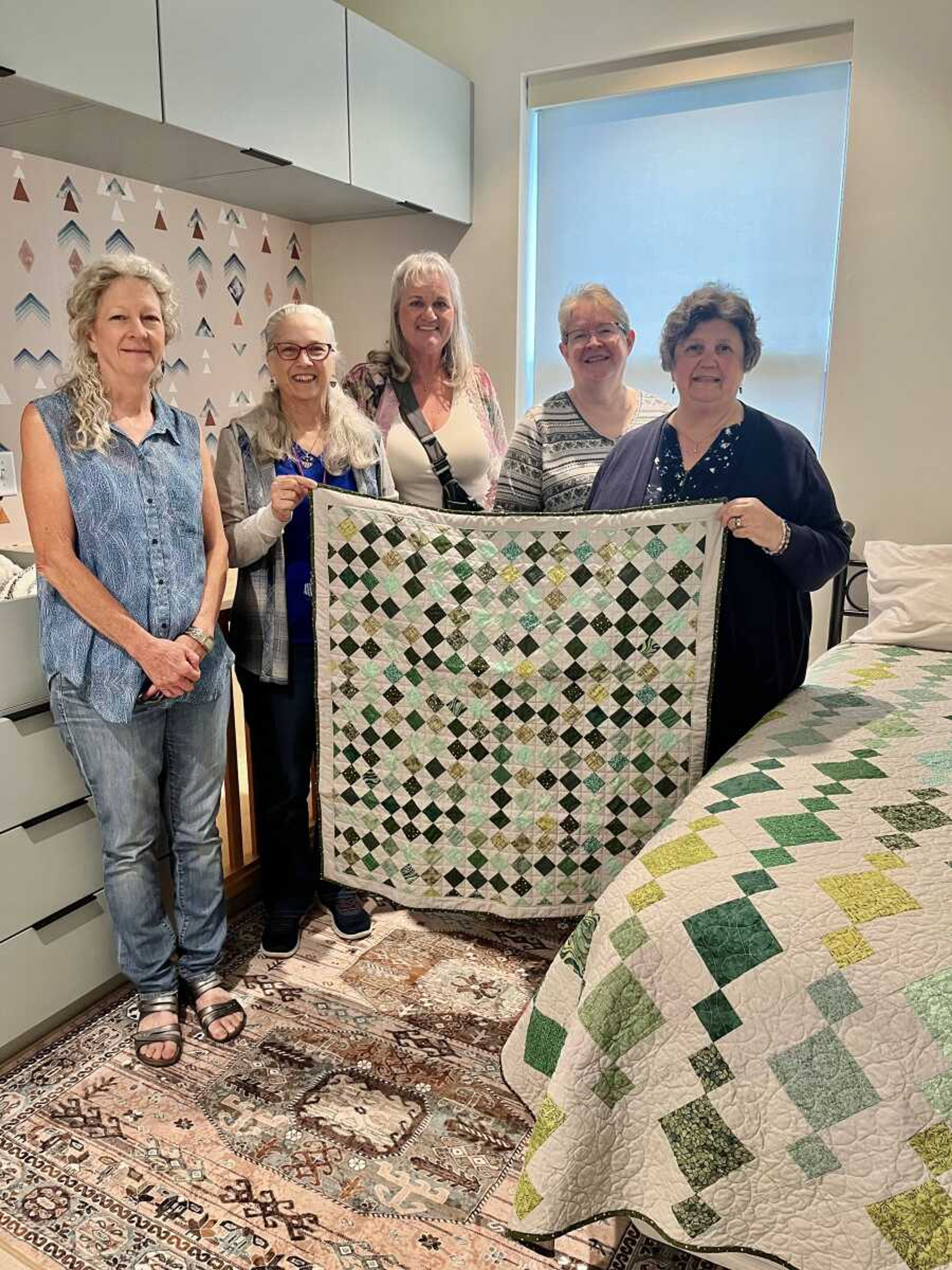A Tiring Time: Iron Infusion Therapy Helps Woman Overcome Anemia
Cherlene Mixon had no energy. Even the simplest household chores exhausted her. "I just kept feeling tired and weak," the Charleston, Mo., woman recalls. She went to her local doctor who prescribed iron pills. But the pills didn't help. "I was still tired. It took me all day to do three loads of laundry. All I wanted to do was sit," she says. A trip to the grocery store was an exhausting ordeal...
Cherlene Mixon had no energy. Even the simplest household chores exhausted her.
"I just kept feeling tired and weak," the Charleston, Mo., woman recalls. She went to her local doctor who prescribed iron pills. But the pills didn't help. "I was still tired. It took me all day to do three loads of laundry. All I wanted to do was sit," she says. A trip to the grocery store was an exhausting ordeal.
Further tests showed she had high levels of a certain protein that can be indicative of multiple myeloma (bone marrow cancer). She was referred to Cape Girardeau oncologist Robert K. Oldham, MD, in October 2008.
Dr. Oldham, director of Hematology-Oncology Associates of Southeast Missouri Hospital, ordered further tests. To Mixon's surprise, they showed she didn't have cancer. Instead, Dr. Oldham told her, she was suffering from iron deficiency anemia, a very treatable condition.
Iron deficiency anemia results in the body having a low level of red blood cells, reducing the amount of oxygen carried to muscles. The result is fatigue and tiredness, Dr. Oldham explains.
Women are at risk because they lose blood as a result of menstruation. Elderly also are at greater risk because they typically don't absorb iron as well, Dr. Oldham says. "It is a very easy condition to treat," he notes.
He adds that patients think of him as strictly a cancer doctor. "I see a lot of patients that come here and are very fearful," he points out. But he and the other physicians in the practice also treat other conditions such as iron deficiency anemia. "About 20 to 25 percent of our practice is for patients with blood diseases," he notes.
In Mixon's case, Dr. Oldham first doubled her iron dosage. But her fatigue remained. So he prescribed iron infusion therapy in which iron is administered intravenously. She received four IV treatments at Southeast Missouri Hospital over the course of a month. "I had one once a week," says Mixon. Each treatment lasted about 45 minutes.
The treatments worked. "I could tell the difference after just two treatments," she recalls. "After the second treatment, I could feel the energy coming back."
Mixon says that before she went to Dr. Oldham she was pessimistic about ever feeling well again. "I had given up," she recalls. "I was almost to the point that I would just lay around the house."
The diagnosis by Dr. Oldham and his treatment of the condition changed her life. "Thanks to him, I'm back to my normal self," she says, a broad smile covering her face. "I have energy. I feel fine."
Connect with the Southeast Missourian Newsroom:
For corrections to this story or other insights for the editor, click here. To submit a letter to the editor, click here. To learn about the Southeast Missourian’s AI Policy, click here.











